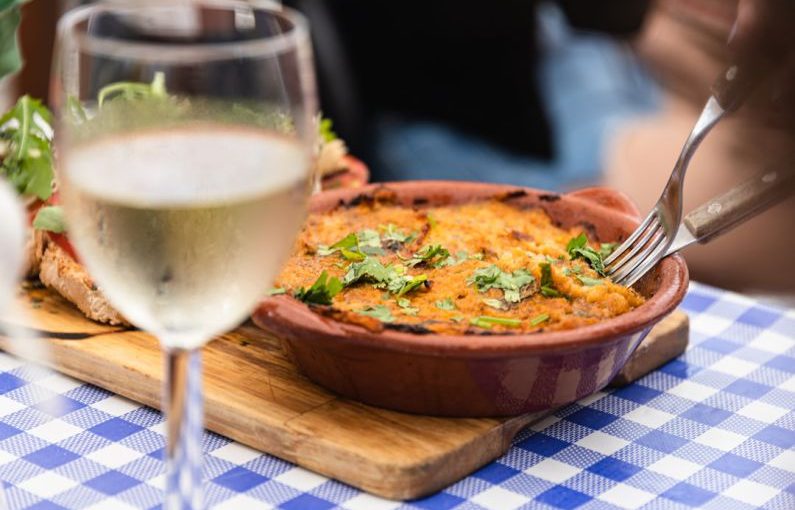Food is more than just sustenance; it is a reflection of culture, history, and innovation. Throughout the centuries, humans have engaged in culinary explorations that have shaped the way we eat and think about food. From the earliest civilizations to modern times, the history of food is a fascinating journey that highlights the creativity and adaptability of humanity.
Early Beginnings: Foraging and Hunting
The history of food can be traced back to the dawn of humanity when early humans relied on foraging and hunting for sustenance. Our ancestors roamed the land in search of plants, fruits, nuts, and game, developing a deep connection with the natural world and honing their survival skills. These early culinary explorations laid the foundation for the diverse diets and cooking techniques we know today.
The Agricultural Revolution: Farming and Settlements
One of the most significant milestones in the history of food was the Agricultural Revolution, which took place around 10,000 years ago. This period marked the transition from a nomadic lifestyle to settled communities based on farming and agriculture. The domestication of plants and animals allowed for a more reliable food supply, leading to the development of complex societies and culinary traditions.
Trade and Exchange: Spices and Luxury Foods
As civilizations flourished and expanded, trade routes emerged, connecting distant lands and cultures. The exchange of goods, including spices, luxury foods, and culinary techniques, played a crucial role in shaping the global food landscape. Spices such as pepper, cinnamon, and saffron became highly sought after commodities, fueling exploration and trade between continents.
The Silk Road: Culinary Crossroads
The Silk Road, a network of trade routes that connected the East and West, was not only a hub for the exchange of silk and other goods but also a culinary crossroads. Along this ancient route, merchants and travelers traded not only spices and ingredients but also cooking methods and recipes. The Silk Road facilitated the spread of culinary innovations, leading to the fusion of flavors and techniques from different cultures.
Colonialism and Globalization: Food as Power
The age of colonialism brought about a new chapter in the history of food, as European powers established colonies around the world, exploiting resources and influencing local cuisines. The Columbian Exchange, the transfer of plants, animals, and diseases between the Old and New Worlds, transformed food systems and diets on a global scale. Foods such as potatoes, tomatoes, and chili peppers, native to the Americas, were introduced to Europe and beyond, revolutionizing culinary traditions.
Industrialization and Mass Production: Convenience and Standardization
The Industrial Revolution of the 18th and 19th centuries brought about significant changes in food production and consumption. Advances in technology and transportation enabled the mass production and distribution of food on a scale never seen before. Canned goods, processed foods, and ready-to-eat meals became increasingly popular, offering convenience and affordability to consumers. However, this era also saw the standardization of food products, leading to concerns about quality, nutrition, and sustainability.
The Rise of Food Culture: Gastronomy and Innovation
In recent decades, there has been a resurgence of interest in food as a form of cultural expression and creativity. The rise of food culture, encompassing trends such as farm-to-table dining, molecular gastronomy, and fusion cuisine, has elevated food to an art form. Chefs and food enthusiasts around the world continue to push the boundaries of culinary innovation, experimenting with flavors, techniques, and presentations.
In Conclusion: A Flavorful Legacy
The history of food is a rich tapestry of human ingenuity, resilience, and adaptability. From the early days of foraging and hunting to the globalized food industry of today, culinary explorations have shaped our diets, traditions, and identities. As we continue to discover new flavors, ingredients, and culinary techniques, we honor the legacy of those who came before us, celebrating the diversity and creativity of the world’s food cultures.





